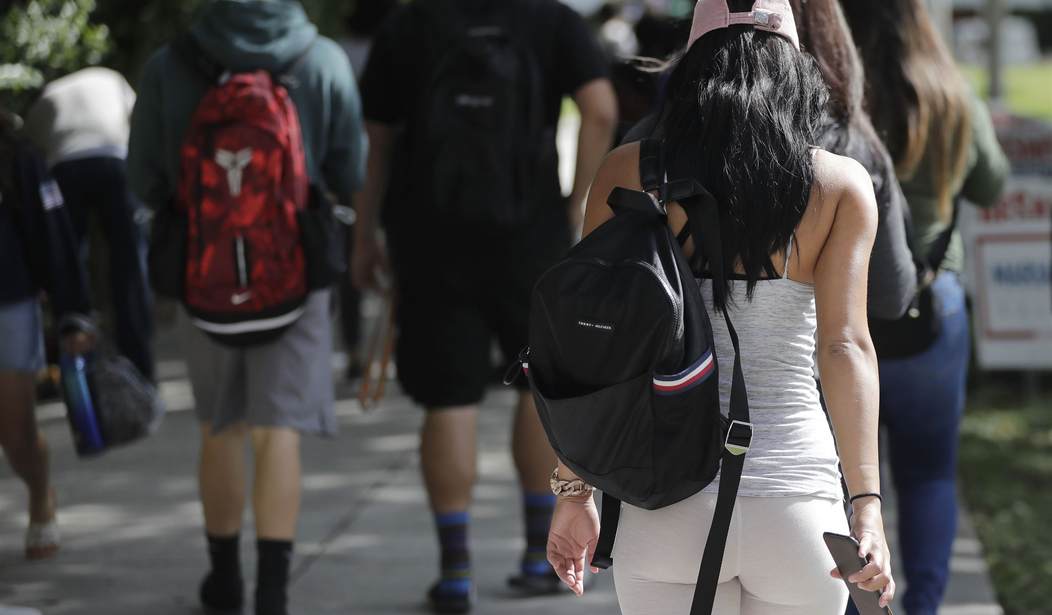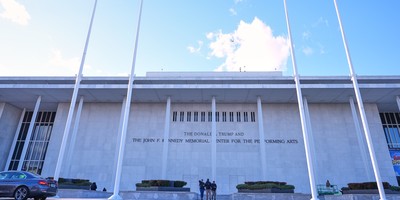What happens when the very institutions that built our moral and educational foundation begin to dismantle systematically? The targeting of Christian schools and career colleges by the U.S. Department of Education is more than policy mismanagement — it’s a betrayal of America’s identity as a nation of faith and freedom. A recent report by the American Principles Project reveals alarming trends within the U.S. Department of Education’s Office of Enforcement. Nearly 70 percent of penalties imposed by this Office have been directed toward Christian and career colleges, even though these schools enroll fewer than 10 percent of college students. This disparity raises serious concerns about fairness, discrimination, and the broader implications for faith-based and vocational education in the United States.
A legacy of bias
The Office of Enforcement, created during the Obama administration, was deprioritized under Trump and revived under Biden in 2021. Its budget increase by nearly 600 percent under the Biden administration suggests an intensified focus on enforcement actions, raising questions about fairness and equity. The APP report describes this Office as the Department’s “vehicle to target and penalize proprietary schools,” using penalties, investigations, and funding cuts to dismantle these institutions. Grand Canyon University and Liberty University faced record fines of $37.7 million and $14 million, respectively, reflecting an agenda that undermines the diversity our education system claims to champion. Christian colleges face similar challenges.
The human cost
Consider Maria, a fictional representative of many impacted students — a young Christian mother and first-generation college student — who chose a career college to pursue her dream of becoming a nurse. Maria’s dream was simple yet profound: to create a better life for her family while serving her community. But her aspirations were shattered when Title IV funding cuts forced her school to close, leaving her burdened with debt she couldn’t repay, no degree, and no clear path forward. Her story is not just about personal loss — it’s a glimpse into the broader consequences of these policies. Her children lost an inspiring role model, her local hospital lost a compassionate nurse, and her community lost a source of hope.
Recommended
The value of Christian education
As C.S. Lewis noted, “The first qualification for judging any piece of workmanship…is knowing what it was intended to do.” Understanding the purpose of an endeavor is critical. Christian education does more than teach — it transforms. By fostering godly life change, these institutions produce graduates who bring integrity, compassion, and leadership into every corner of society, from local communities to global platforms. Christian education equips individuals with the character and conviction to lead lives of purpose and service by cultivating an appreciation for the home, developing moral character and inspiring healthy participation as Christian citizens in society.
Weaponizing Title IV funding
By imposing penalties, launching “scrutinize and fine” investigations, and weaponizing Title IV funding, the Education Department has disproportionately harmed schools relying on federal financial aid to support their students. Cutting off these funds risks school closures, leaving students with diminished options and increased financial strain. This approach undermines institutional missions and penalizes the population that higher education is supposed to uplift.
A call for accountability
The time for action is now. Jon Schweppe of the APP recommends deprioritizing the Office of Enforcement and halting existing enforcement proceedings to investigate the extent of discrimination under the current administration. He also suggests that leadership reforms, such as appointing proven change agents like Linda McMahon, are crucial for restoring fairness in American education. Educators and parents also have the opportunity to advocate for policies that protect religious freedom and educational diversity.
Conclusion
As the brilliant sociologist James Davison Hunter demonstrates persuasively in “To Change the World,” culture is changed most effectively not by winning elections, building large churches or gaining social popularity, but by people who achieve their highest place of influence and then live there effectively. He calls this manifesting “faithful presence.” Preserving Christian education is not just about protecting institutions — it’s about safeguarding the future of our nation as one nation under God. In preserving these schools, we protect the foundations of freedom and faith, ensuring that future generations will inherit a country built on enduring values.

























Join the conversation as a VIP Member